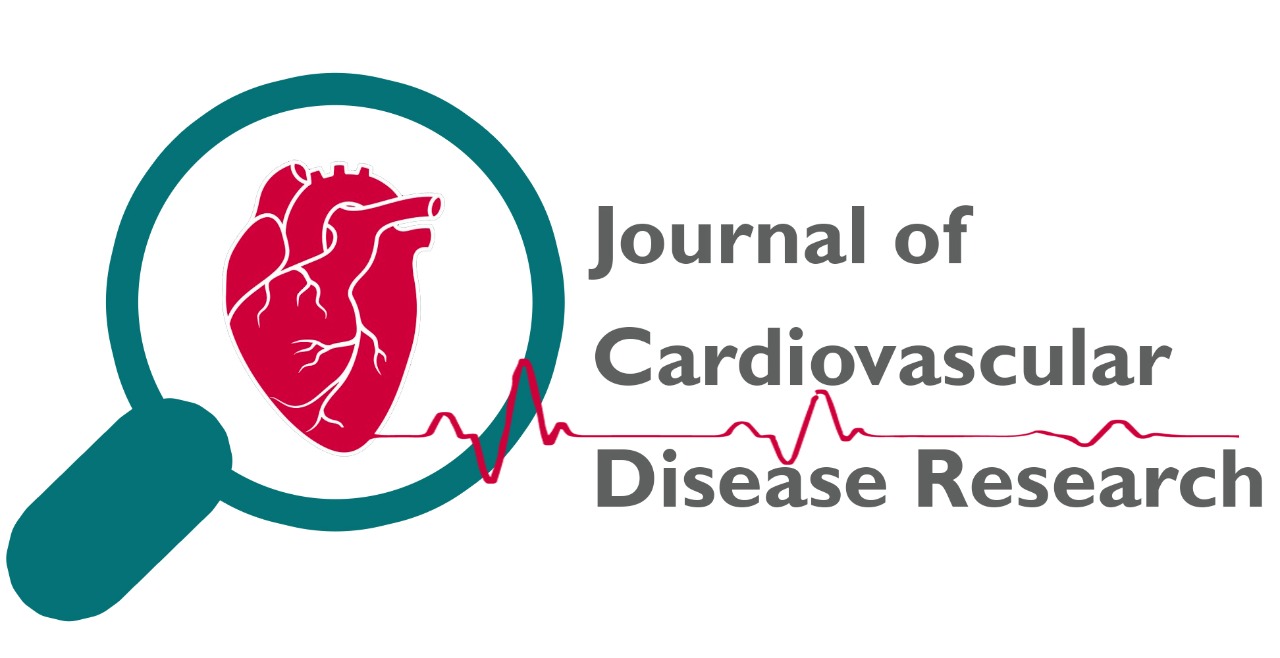
Hydrogel-Based Drug Delivery for Cancer Immunotherapy
Uriti Sri Venkatesh, Anil Kumar, Tanmay Ghosh, Srinivasan Ponmalai, Sinha Ashutosh Kumar, Anni Kumari, Garima Avasthi, Vishal Pathak, Neha Singh
JCDR. 2024: 1116-1153
Abstract
Hydrogels have attracted significant attention in the realm of vaccine development due to their unique attributes, which include compatibility with living tissues, a considerable water content, and modifiable physical traits. This article examines the utilisation of hydrogels in the process of vaccine development. Hydrogels function as adaptable vehicles for the transportation of vaccines, providing benefits including prolonged release, safeguarding against degradation of antigens, and precise administration to particular cells or tissues. The application of hydrogel matrices to encapsulate antigens and adjuvants has the potential to improve the stability, immunogenicity, and effectiveness of vaccines. Due to their distinctive attributes, they are exemplary contenders for drug delivery systems. Hydrogels are specifically engineered to facilitate the co-administration of therapeutic agents, including immune cells, cytokines, and monoclonal antibodies, with the aim of augmenting the therapeutic effectiveness of malignancy. Moreover, hydrogel-based vaccines can be administered via various routes, including injection, patches, or implants, providing flexibility and convenience in vaccination. Challenges such as formulation optimization, manufacturing scalability, and regulatory approval remain, but the continued research and development of hydrogel-based vaccines hold promise for improving vaccination strategies and addressing global health challenges.
Description
The utilization of cancer immunotherapy represents a hopeful strategy in combating diverse forms of cancer, harnessing the body's immune system to identify and eradicate cancerous cells [1]. In contrast to conventional therapeutic approaches like radiation therapy and chemotherapy, which target cancer cells directly, immunotherapy functions by augmenting the immune response directed at tumours. This may result in reduced adverse effects and longer-lasting responses in comparison to conventional treatments [2]. However, despite the remarkable success of immunotherapy in some cases, there are still challenges that limit its widespread efficacy and applicability. One such challenge is the need for innovative drug delivery systems that can effectively deliver immunotherapeutic agents to the tumor site while minimizing off-target effects and systemic toxicity[3]. Conventional drug delivery methods often fail to achieve the desired therapeutic outcomes due to issues such as poor bioavailability, rapid clearance from the body, and inability to penetrate the tumor microenvironment[4]. Hence, there arises a crucial necessity to devise sophisticated delivery platforms capable of overcoming these constraints and maximizing the effectiveness of cancer immunotherapy Over the past few years, there has been a notable surge in interest surrounding hydrogelbased drug delivery systems, recognized as promising carriers for transporting therapeutics, including immunomodulatory agents, directly to the tumor site [5]. Hydrogels are threedimensional networks formed by crosslinked polymer chains, known for their remarkable ability to swell and flexibly absorb and retain large amounts of water. Due to these unique properties, hydrogels are well-suited for drug delivery purposes, allowing them to encapsulate therapeutic agents and release them gradually under controlled conditions [6]. The objective of this research is to perform an exhaustive examination of hydrogel-based drug delivery systems utilised in cancer immunotherapy. The review will prioritise the elucidation of design principles, recent developments, and practical implementations of these systems [7]. Through a systematic examination of existing literature, our primary goal is to shed light on the potential of hydrogel-based delivery platforms in surmounting the challenges inherent in cancer immunotherapy and ultimately enhancing patient outcomes[8]. The study's objectives offer a detailed overview of cancer immunotherapy, elucidating its underlying principles, mechanisms of action, and current clinical utilization; second, to explore the imperative need for innovative drug delivery systems within the realm of cancer immunotherapy, emphasizing the shortcomings of conventional approaches while underlining the prospective advantages afforded by hydrogel-based delivery systems; and third, to provide an introduction to the fundamental properties of hydrogels and their wide-ranging applications in drug delivery, encompassing their distinctive attributes, key design considerations, and recent advancements within the field[9]. Through this thorough investigation, our aim is to provide valuable contributions to the current understanding of hydrogel-based drug delivery for cancer immunotherapy, thereby encouraging further progress and innovation in this vital area of biomedical research [10].
Volume & Issue
Volume 15 Issue 2
Keywords
Hydrogels, Vaccine development, Drug delivery, Immunotherapy, Cancer
|
This is an open access journal which means that all content is freely available without charge to the user or his/her institution. Users are allowed to read, download, copy, distribute, print, search, or link to the full texts of the articles in this journal without asking prior permission from the publisher or the author. This is in accordance with the Budapest Open Access Initiative (BOAI) definition of open access.
The articles in Journal of Cardiovascular Disease Research are open access articles licensed under the terms of the Creative Commons Attribution Non-Commercial License (http://creativecommons.org/licenses/by-nc-sa/3.0/) which permits unrestricted, non-commercial use, distribution and reproduction in any medium, provided the work is properly cited. |
|
|
|
|
|
Copyright � 2022 Journal of Cardiovascular Disease Research All Rights Reserved. Subject to change without notice from or liability to Journal of Cardiovascular Disease Research.
For best results, please use Internet Explorer or Google Chrome POLICIES & JOURNAL LINKS
Author Login
Reviewer Login About Publisher Advertising Policy Author's Rights and Obligations Conflict of Interest Policy Copyright Information Digital Archiving & Preservation Policies Editorial Policies Peer Review Policy Editorial & Peer Review Process License Information Plagiarism Policy Privacy Policy Protection of Research Participants (Statement On Human And Animal Rights) Publication Ethics and Publication Malpractice Statement Corrections, Retractions & Expressions of Concern Self-Archiving Policies Statement of Informed Consent Terms of Use |
Contact InformationJournal of cardiovascular Disease Research,
|




